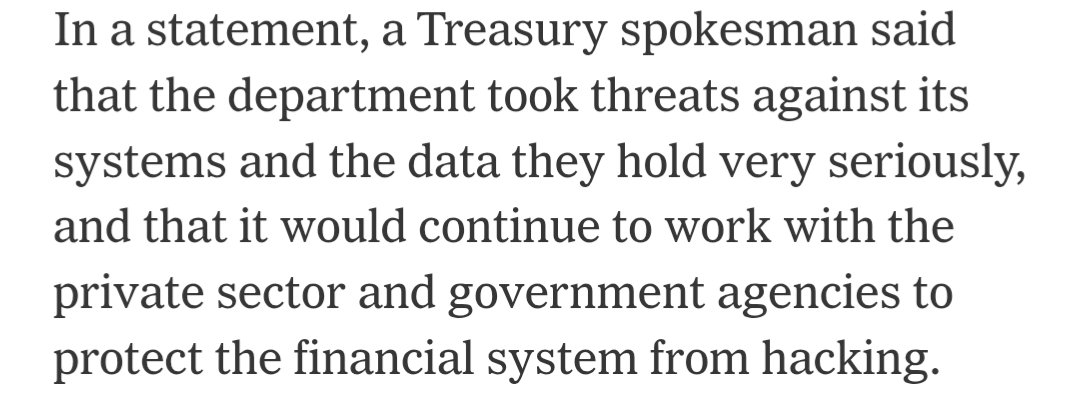- China’s currency regulator has announced new rules aimed at tightening supervision of cryptocurrency activities.
- China remains the second largest holder of Bitcoin globally, with approximately 194,000 BTC.
The Chinese currency authority has introduced strict regulations on cryptocurrency operations.
The new guidelines require banks to closely monitor and report potentially dangerous transactions, especially when it comes to cryptocurrencies such as Bitcoin.
These guidelines from the State Administration of Foreign Exchange required banks to scrutinize transactions based on the identity of the participants, sources of funding and transaction frequency.
The measures are intended to limit the risks associated with illegal financial practices, including unauthorized banking and international gambling.
These rules reflected China’s ongoing efforts to enforce stricter financial controls over digital assets.
What are these rules and their impact?
SAFE has implemented new guidelines that significantly tighten oversight of digital currency transactions.
These regulations required Chinese banks to intensify monitoring and reporting of potentially risky cryptocurrency transactions.
Banks are now required to identify the individuals and entities involved in these transactions, trace the source of the funds and scrutinize the frequency of these transactions.
The primary objectives of these regulations are to prevent illegal financial activities, such as underground banking and cross-border gambling, that may involve cryptocurrencies.


Source:
By doing this, SAFE aims to strengthen control over financial flows and counter the misuse of digital assets within and across China’s borders.
These measures are part of a broader crackdown on crypto-related activities that Chinese authorities believe could pose risks to the country’s financial stability.
The impact of these strict measures could be substantial and change the landscape of cryptocurrency trading, not only in China but globally, given the country’s important role in the international market.
Investors and entities engaged in cryptocurrency activities will need to overcome these new compliance challenges, which could impact transaction fluidity and market dynamics in the region.
Chinese Bitcoin Ownership
Despite the continued strict regulations against cryptocurrencies, China holds an important position in the global Bitcoin landscape.
Since the crackdown on ICOs and crypto exchanges in 2017, and the subsequent ban on Bitcoin mining and crypto-related businesses in 2021, China has amassed approximately 194,000 BTC.
These assets, worth approximately $18 billion, come from seizures related to the enforcement of illegal activities, rather than from direct government purchases.
Recent regulations in 2024 continue to reflect China’s firm stance as banks must now monitor and report transactions deemed risky, including transactions involving cryptocurrencies.
This approach is in stark contrast to the global trend of increasingly embracing cryptocurrencies, suggesting that China aims to maintain rigorous control over its financial system while minimizing the impact of cryptocurrency.

